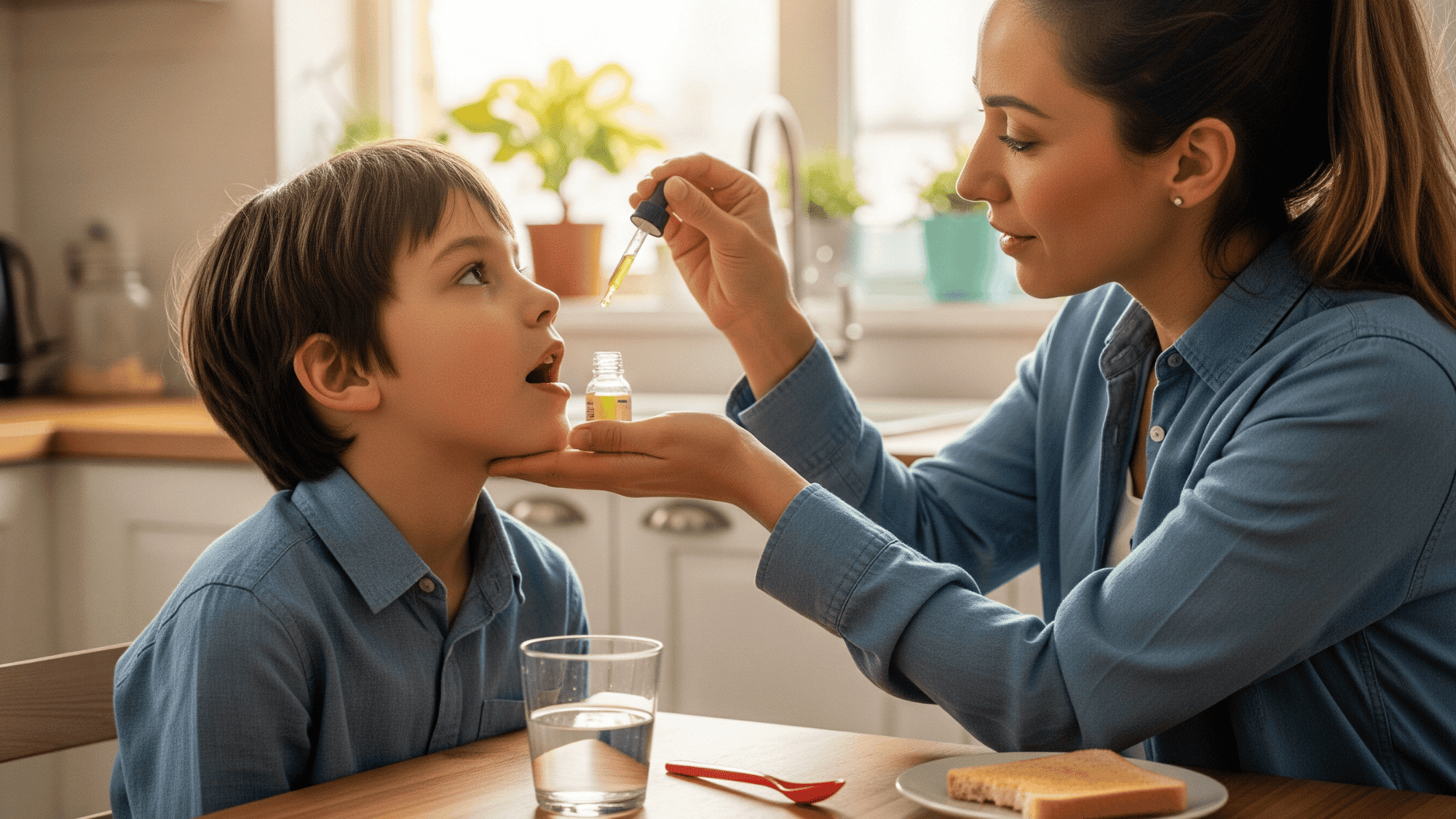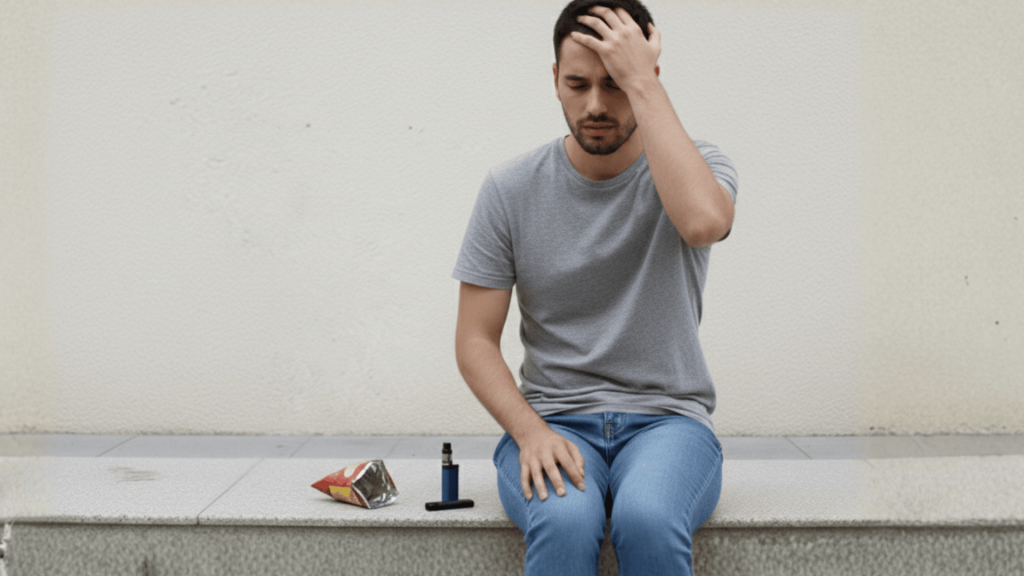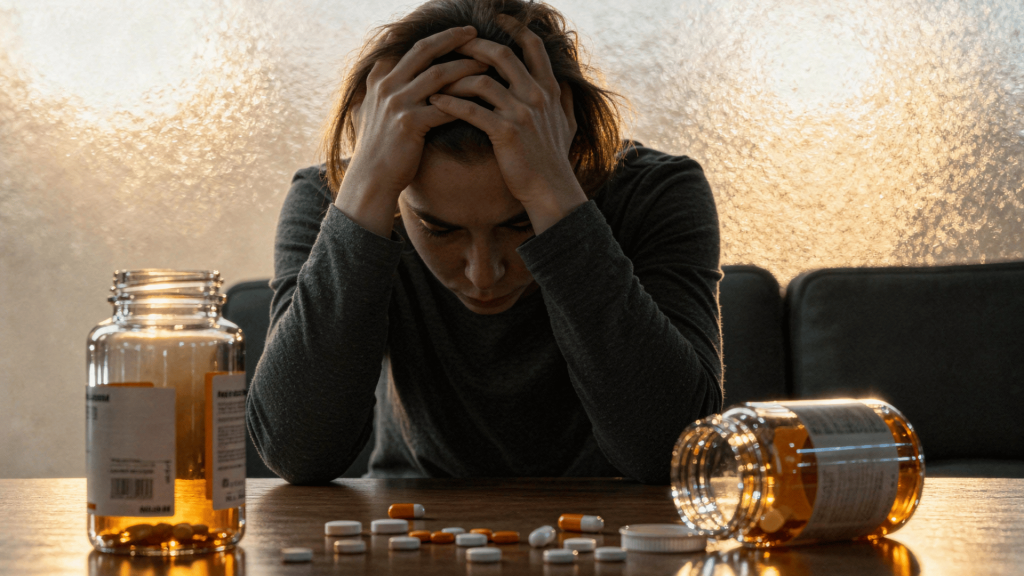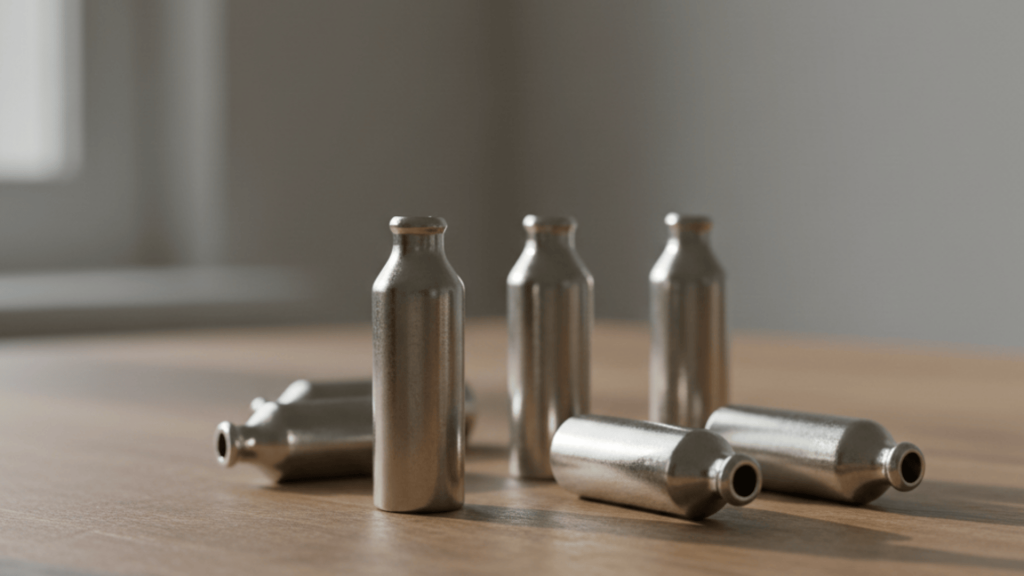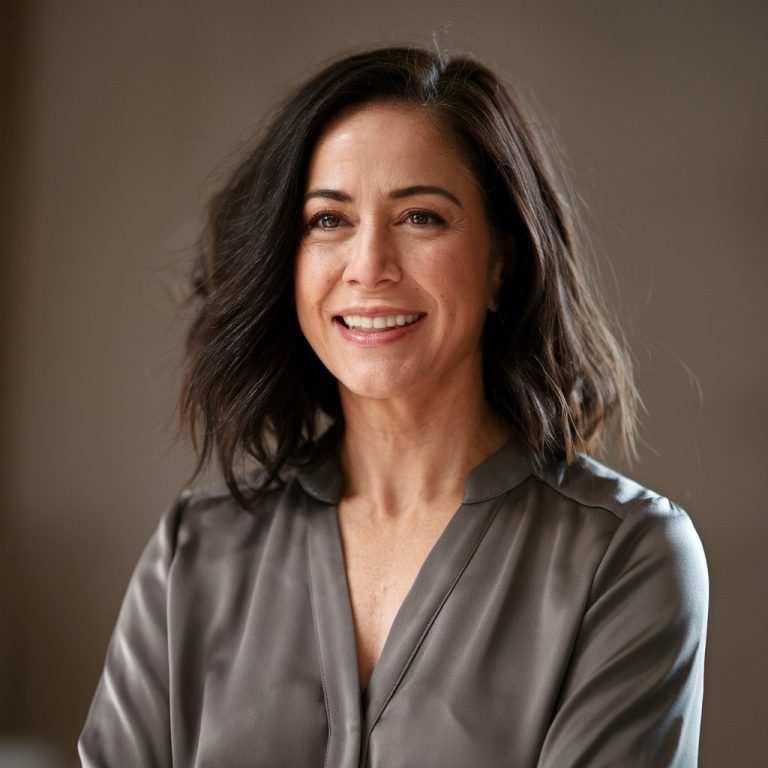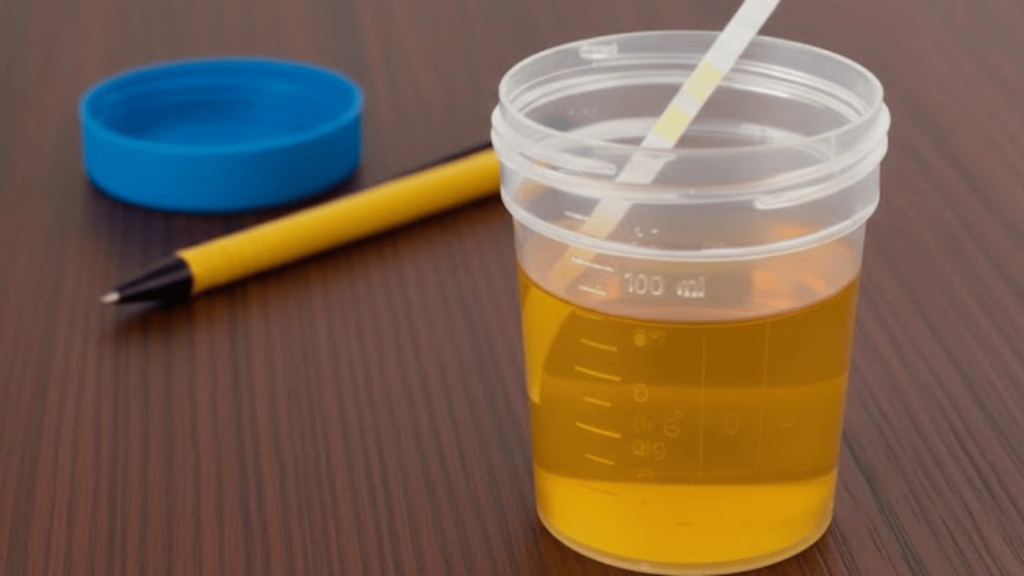When I first came across the idea of parents giving CBD to their kids, I felt a mix of curiosity and concern.
After all, as moms and dads, we’re always trying to make the best choices for our children’s health.
Lately, some parents have been turning to CBD for challenges like ADHD, autism, or sleep struggles. But is it truly safe? And how do you know where to find products made with kids in mind?
In this blog, we’ll unpack what CBD means for children, what experts have to say, and how you can make informed, safe decisions as a parent.
What is CBD for Kids?
CBD, short for cannabidiol, is a natural compound found in the hemp plant. Unlike THC, the part of cannabis that causes a high, CBD is non-psychoactive and often promoted for its calming and balancing effects.
When made for children, CBD products are usually THC-free and lab-tested to ensure safety. These can come in forms like oils, gummies, or capsules.
Parents consider CBD for kids to help with issues such as focus, anxiety, or sleep. While it may sound promising, experts agree that professional medical guidance is always important before starting CBD in children.
What Parents Need to Know About CBD for Kids

Parents often want straight answers before trying something new for their children. Here are the key points to understand about CBD for kids:
- Safety first: CBD is a compound from the hemp plant that does not cause a high. Still, children may experience side effects such as sleepiness, mood changes, or stomach upset.
- Doctor’s advice matters: Pediatricians strongly recommend medical guidance before starting CBD for any child.
- Why parents consider it: Families try CBD for conditions like ADHD, autism-related challenges, anxiety, and sleep problems.
- What to buy: Always choose THC-free, lab-tested CBD products made specifically for children. Oils and gummies are the most common options.
- Where to buy: Purchase only from trusted online retailers or reputable wellness stores that provide third-party lab reports. Avoid unverified or gas station CBD.
- Price range: Safe CBD products for kids usually range between $10–$160, depending on the brand and product type.
In short, CBD may offer benefits for children, but safe buying choices and professional medical advice are essential.
Benefits and Potential Uses of CBD for Children
Research on CBD for kids is still in the early stages, but many families are exploring its possible benefits. Here are some of the most common areas where parents report improvements:
1. CBD for ADHD in Children
Children with ADHD often struggle with focus, restlessness, and impulsive behavior. Some parents say CBD helps their kids feel calmer and more focused.
Early studies suggest CBD may affect brain receptors that control attention and behavior. However, doctors warn that results can vary, and CBD should never replace proven ADHD treatments without medical advice.
2. CBD for Autism-Related Symptoms
Autism spectrum disorder can involve challenges with communication, anxiety, and irritability. A few clinical studies, including research at NYU, suggest CBD may reduce anxiety and improve social behavior in some children with autism.
Families also report fewer meltdowns and better mood regulation. While these results are promising, experts stress that CBD is not a cure and more research is needed.
3. CBD for Sleep Disorders
Sleep problems are common in children, especially those with ADHD or autism. Parents sometimes use CBD to help kids fall asleep faster and stay asleep longer.
The calming effect of CBD may promote relaxation by reducing anxiety and restlessness at bedtime. That said, pediatricians caution that side effects like daytime sleepiness can occur if CBD is given too close to morning hours.
4. Other Possible Uses
Besides these main conditions, parents and researchers are looking at CBD for childhood anxiety, seizures, and even pain management.
In fact, one CBD-based prescription drug is already FDA-approved for rare seizure disorders.
While families share many positive stories, the scientific evidence is still limited. Parents should always combine hope with caution and involve a pediatrician when considering CBD for children.
Safety, Risks, and Side Effects Parents Should Understand
When it comes to children, safety is always the biggest concern. While CBD does not cause a high, it can still affect the body in ways parents should know about.
Research shows that some kids may experience side effects such as:
- Sleepiness or drowsiness (especially if taken during the day)
- Mood changes like irritability or agitation
- Decreased appetite or occasional stomach upset
- Interaction with other medications, which could affect how well they work
One of the biggest risks with CBD for kids is the quality of products on the market. Many CBD items are sold online or in stores without strict regulation, and not all are tested for purity.
Some may contain traces of THC, pesticides, or other harmful substances. This is why experts stress the importance of buying only lab-tested, child-friendly CBD from trusted sources.
Another concern is the lack of long-term studies. While early research and parent reports are encouraging, doctors still do not fully understand how CBD may impact a child’s developing brain.
Pediatric specialists recommend using CBD only when other treatments are not effective and always under medical supervision.
Choosing the Right CBD Products for Kids

When selecting CBD for children, it’s important to focus on safety, quality, and product type. Here are the main things parents should consider:
- Choose THC-Free Products: THC can affect a child’s brain development. Look for CBD isolate or broad-spectrum CBD, which are typically free from THC and safer for kids.
- Check Third-Party Lab Testing: A Certificate of Analysis (COA) confirms purity and quality. This report ensures the product is free from harmful chemicals, heavy metals, and unwanted THC.
- Pick the Right Form: Oils allow precise dosing, gummies are kid-friendly, and capsules work for older children. Each form has unique benefits depending on your child’s needs.
- Understand Pricing: Quality CBD for kids ranges between $10–$160. Extremely cheap products may lack testing, while higher prices usually show stronger safety and purity standards.
- Buy from Trusted Sources: Only purchase from reputable online retailers or wellness stores. Avoid gas stations or unverified sellers, where products may be mislabeled or unsafe for children.
Making the right choice means focusing on THC-free, lab-tested, and pediatric-friendly CBD products. Careful selection lowers risks and helps parents provide safe options for their kids.
How to Use CBD for Kids Safely
Using CBD for children requires careful steps to ensure safety. Here are the main things to keep in mind before starting:
Start with a Low Dose: Begin with the smallest possible amount and gradually adjust as needed. This “low and slow” method helps minimize side effects and monitor reactions safely.
Follow Pediatric Guidance: Always talk to a doctor before giving CBD. Pediatricians can check for possible medication interactions and recommend the safest approach for your child’s condition.
Choose the Right Timing: Many parents give CBD in the evening to help with relaxation and sleep. Timing matters because CBD can sometimes cause daytime drowsiness.
Track Effects Closely: Keep a simple journal of mood, sleep, and behavior changes. Tracking helps parents see what works and identify any side effects quickly.
Adjust Carefully if Needed: If CBD doesn’t seem effective, dosage changes should be made slowly and always under medical advice to avoid overwhelming a child’s system.
Safe use of CBD in kids comes down to doctor approval, careful dosing, and close monitoring. Responsible steps make the process safer and more effective for families.
Alternatives to CBD for Pediatric Conditions
CBD is not the only option for children’s health challenges. For ADHD, structured routines and behavioral therapy are often effective.
Kids with autism may benefit from speech therapy, occupational therapy, and social skills training. For sleep issues, healthy bedtime routines, less screen time, and exercise can improve rest naturally.
Counseling, mindfulness, and family therapy are also helpful for managing anxiety.
These alternatives are usually safe, well-researched, and often recommended by pediatricians before or alongside CBD.
Conclusion
As a parent, I know how overwhelming it feels when searching for safe options to help kids. Looking into CBD has reminded me that curiosity and caution should go hand in hand.
I’ve learned that while CBD might provide support for sleep, focus, or calming behaviors, it isn’t a quick solution.
What matters most, in my view, is being intentional, choosing trusted products, asking questions, and never skipping a conversation with a pediatrician.
At the end of the day, I believe the best decisions for children come from patience, reliable information, and a focus on their long-term well-being.

